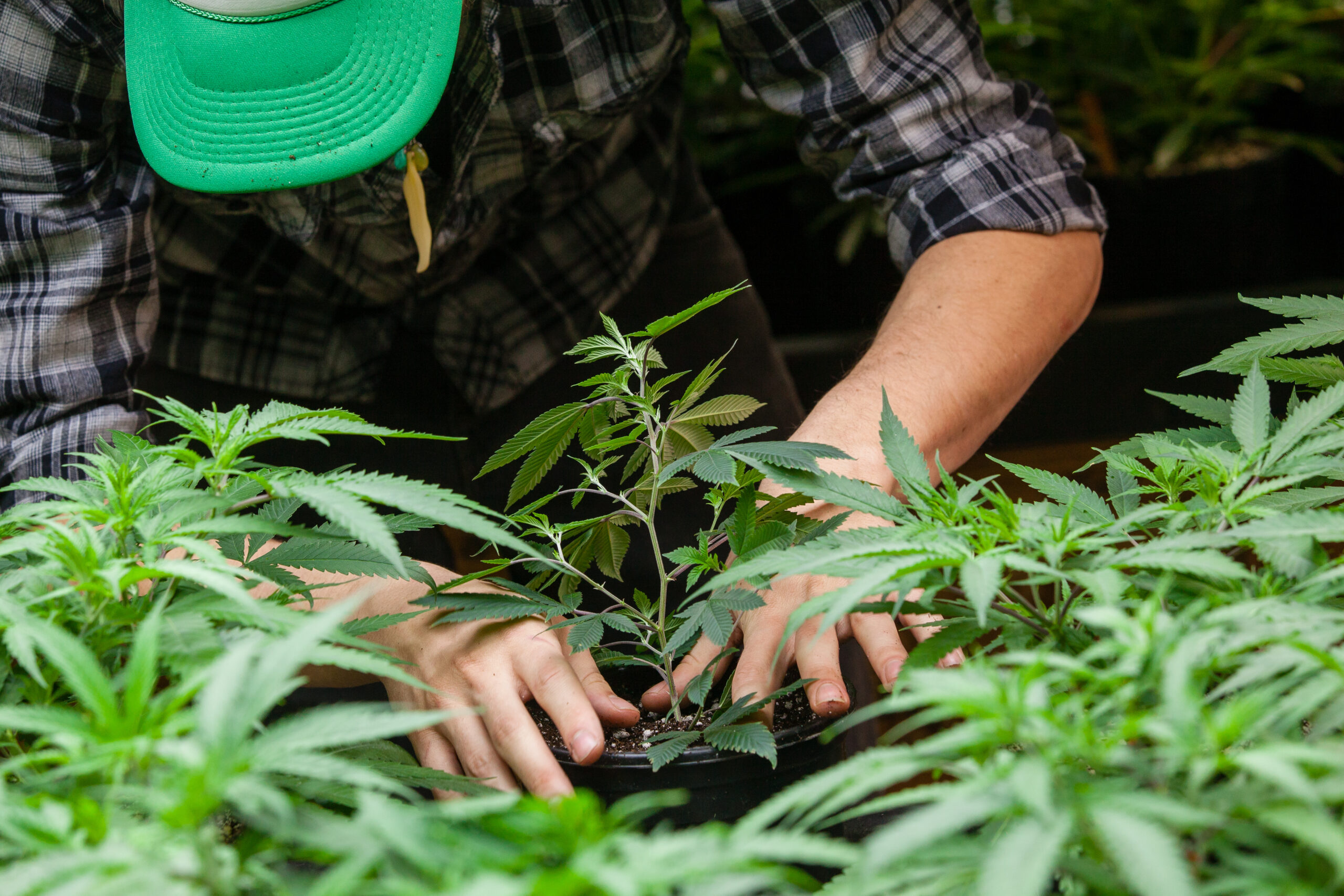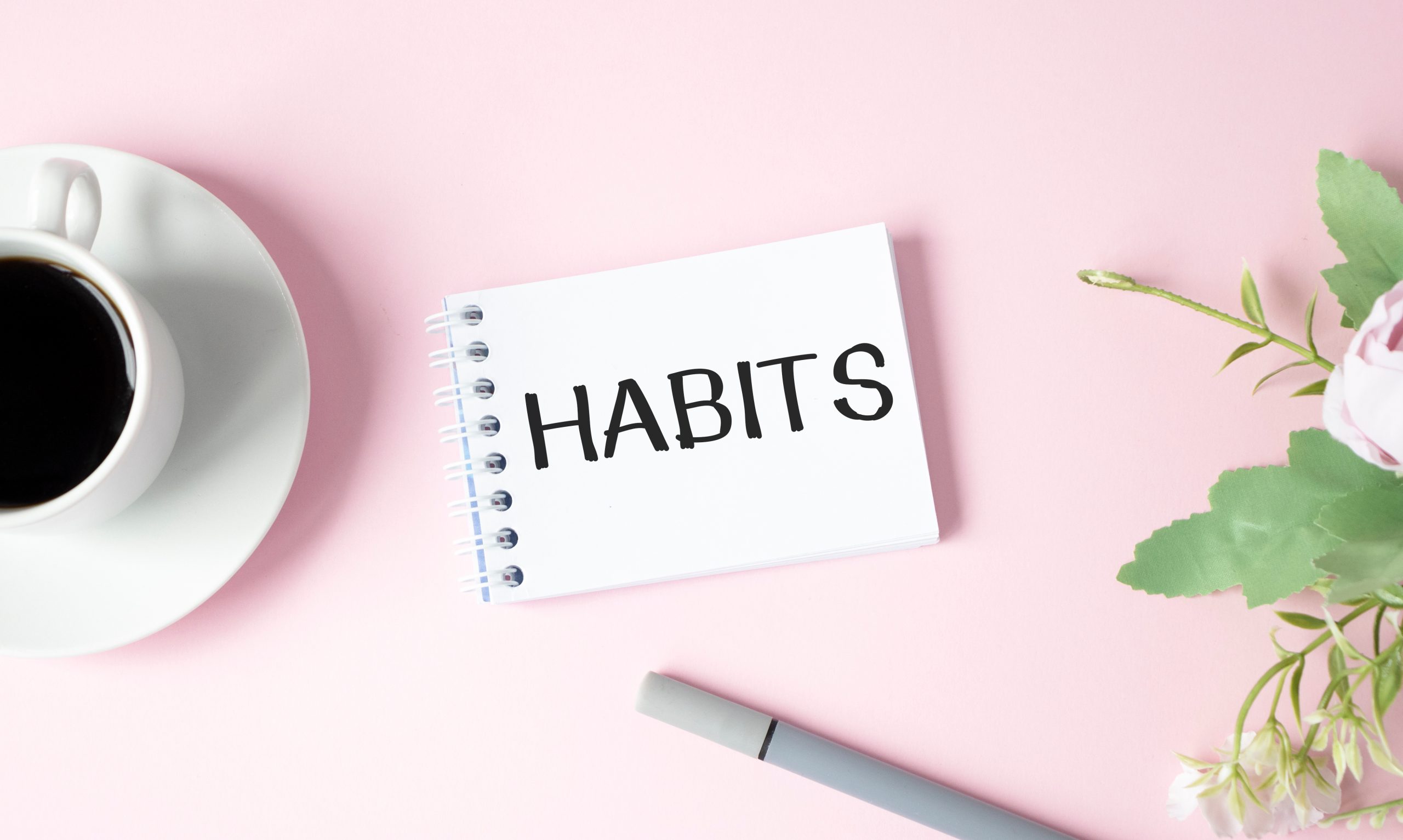As marijuana edibles flood the market and government oversight lags, America faces a surge in dangerous child poisonings.
Story Snapshot
- Child poisonings from cannabis edibles have skyrocketed since legalization, with over 22,000 cases reported nationwide in 2023–2024.
- Edibles packaged to mimic candy are drawing young children, leading to life-threatening symptoms like seizures and respiratory depression.
- Regulatory gaps and underestimation of risk by parents have fueled the crisis, with hospitals reporting a rise in severe cases requiring intensive care.
- Public backlash is mounting as policymakers debate stricter packaging laws and industry accountability for putting kids in harm’s way.
Legalization and the Rise of Edible Cannabis Products
Over the past decade, the push for marijuana legalization—driven by left-leaning state legislatures and pro-cannabis lobbyists—has transformed the market for cannabis-infused products. Edibles like gummies, brownies, and candies have become household staples in states where recreational use is permitted. Manufacturers routinely package these products to resemble popular snacks, making them almost indistinguishable from regular candy to a child’s eye. As a result, accidental ingestion is not only possible but increasingly likely, especially in homes where edibles are left unsecured. The proliferation of these products, combined with aggressive marketing and lackluster regulation, has laid the groundwork for a public health crisis affecting the nation’s youngest and most vulnerable.
➡️https://t.co/J4GxylmiNy⬅️ NYT consulted w/ ACMT Members, @rghendrickson and Laurén Murphy, MD, for this article addressing the recent rise pediatric #cannabis exposures. #MedToxTuesday #MedToxMedia pic.twitter.com/lzkkXtwLIA
— American College of Medical Toxicology (@acmtmedtox) August 26, 2025
The numbers are staggering: in 2009, fewer than 1,000 pediatric cannabis poisoning cases were reported nationwide. By 2023–2024, that figure had soared past 22,000, with Michigan alone recording 387 cases in children under six last year. Hospitals are now documenting severe outcomes, including seizures, respiratory depression, and—tragically—instances of coma and even death. The most at-risk group is children under six, whose curiosity and low body weight make them particularly susceptible to the dangers of high-potency THC found in edibles. Most incidents occur at home, where parents may not realize the risk or assume cannabis is harmless because it is “natural.”
Regulatory Failures and Industry Influence
Despite the mounting evidence of harm, regulatory responses have lagged behind the rapid growth of the cannabis industry. Many states have only recently begun to implement child-resistant packaging or clearer labeling, and even these measures are inconsistently enforced. The cannabis industry, motivated by profit, has been slow to adopt meaningful safeguards, often prioritizing appealing packaging that boosts sales over child safety. State agencies and hospital systems are left to manage the fallout, straining resources as case numbers climb.
Healthcare Impact, Public Outcry, and Calls for Accountability
The consequences of this surge in pediatric cannabis poisoning are being felt across the healthcare system. Emergency rooms and intensive care units report a growing caseload of young patients suffering from acute THC toxicity, requiring advanced interventions such as intubation and treatment for seizures. In severe cases, children have experienced lasting neurological damage, raising concerns about long-term cognitive and developmental effects. Families are left traumatized, facing both emotional and financial burdens.
While many states are moving to tighten safeguards, the debate remains contentious. The crisis serves as a stark warning about the unintended consequences of policy decisions that ignore family values and common-sense protections for children. It is a wake-up call for parents, lawmakers, and communities to demand accountability and restore sanity to a regulatory environment that has too often favored profit and permissiveness over the safety and well-being of America’s families.
Sources:
Fox News Digital (expert interviews, case reports)
Rutgers Addiction Research Center (trend analysis, case studies)
Planet Detroit (state-level data, Michigan Poison Control)
Geisinger Health (hospital case reports, expert commentary)
US Pharmacist (peer-reviewed studies, historical data)









